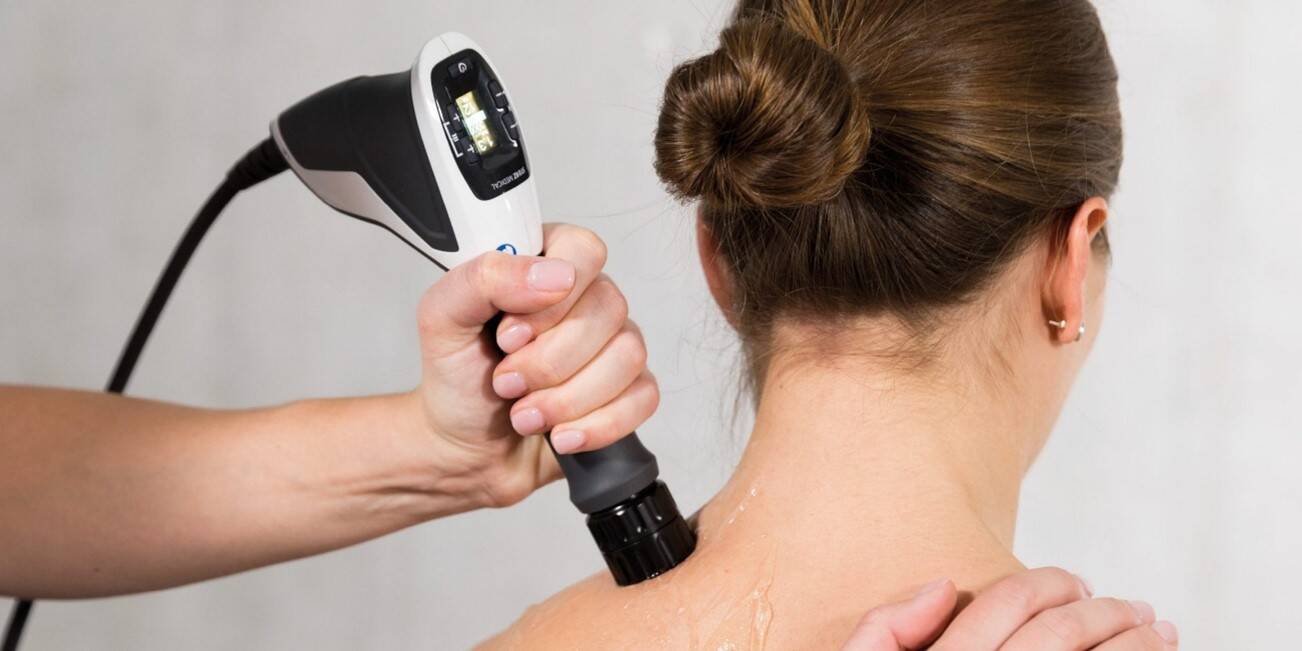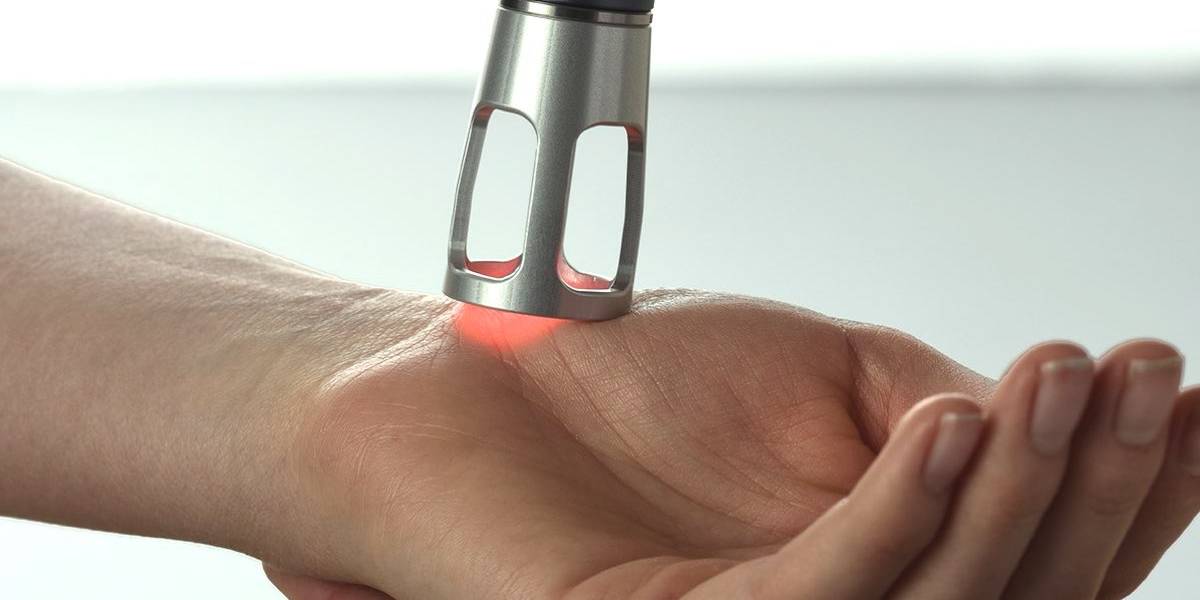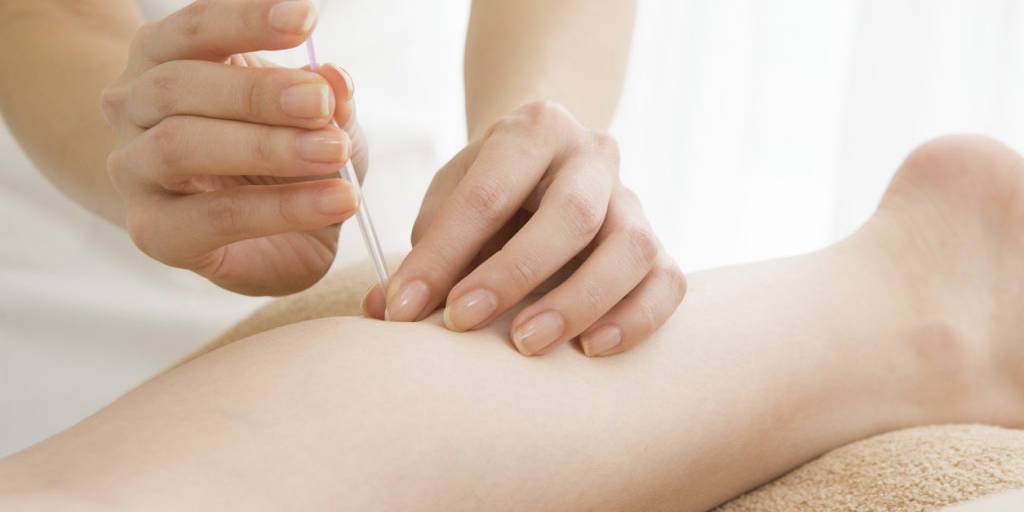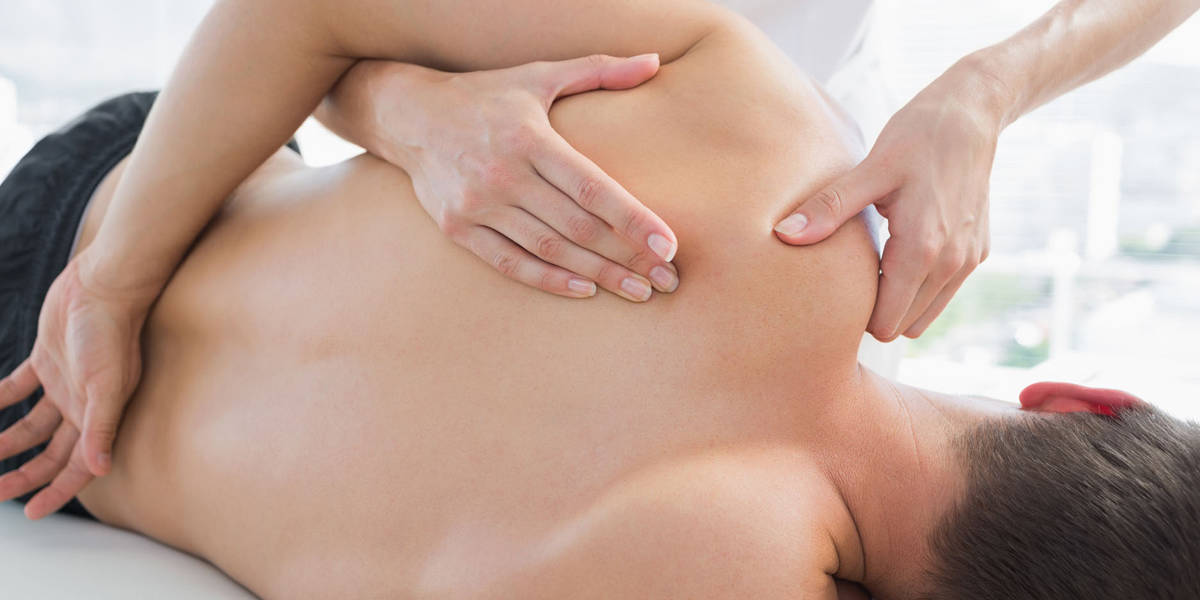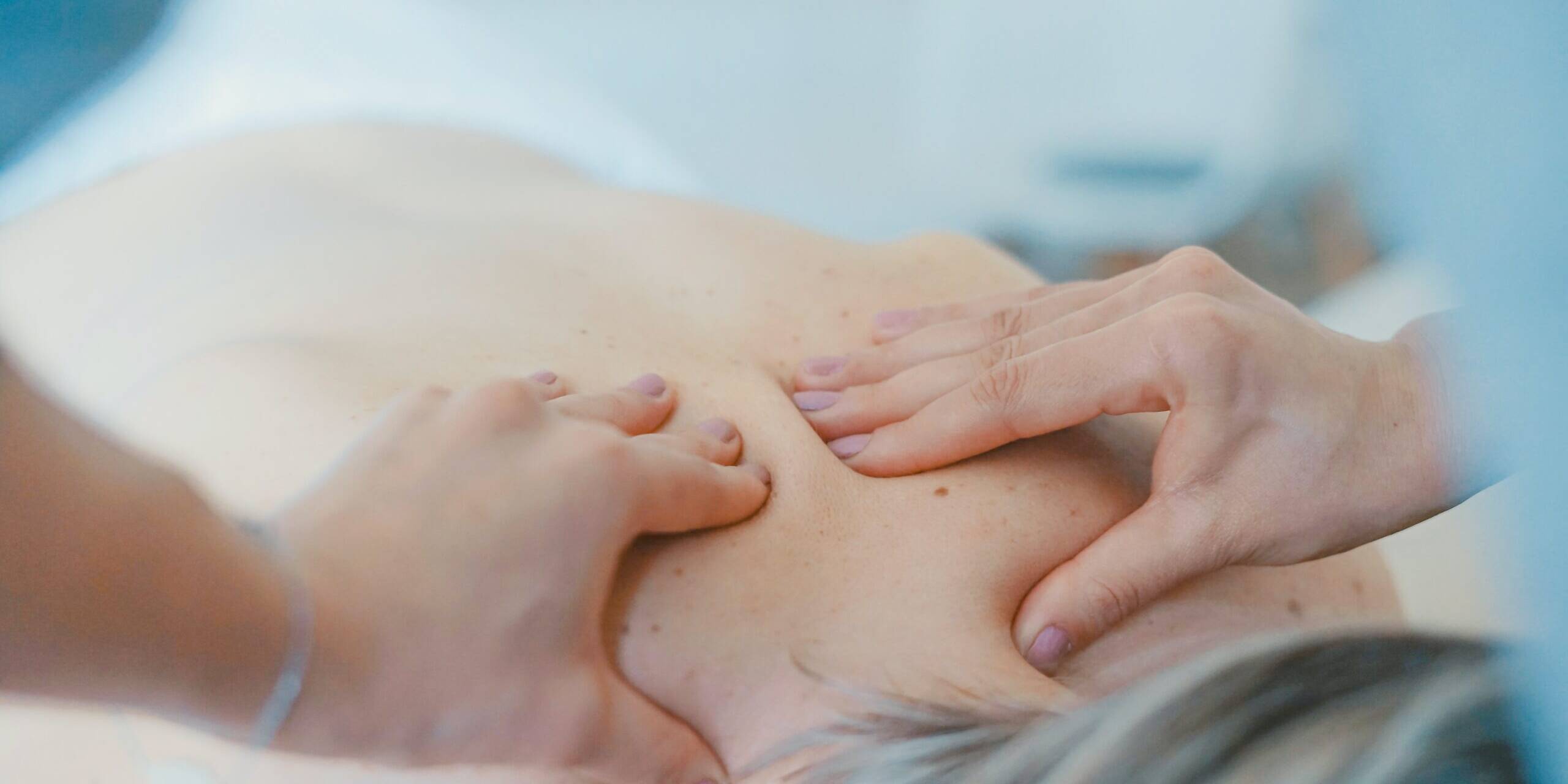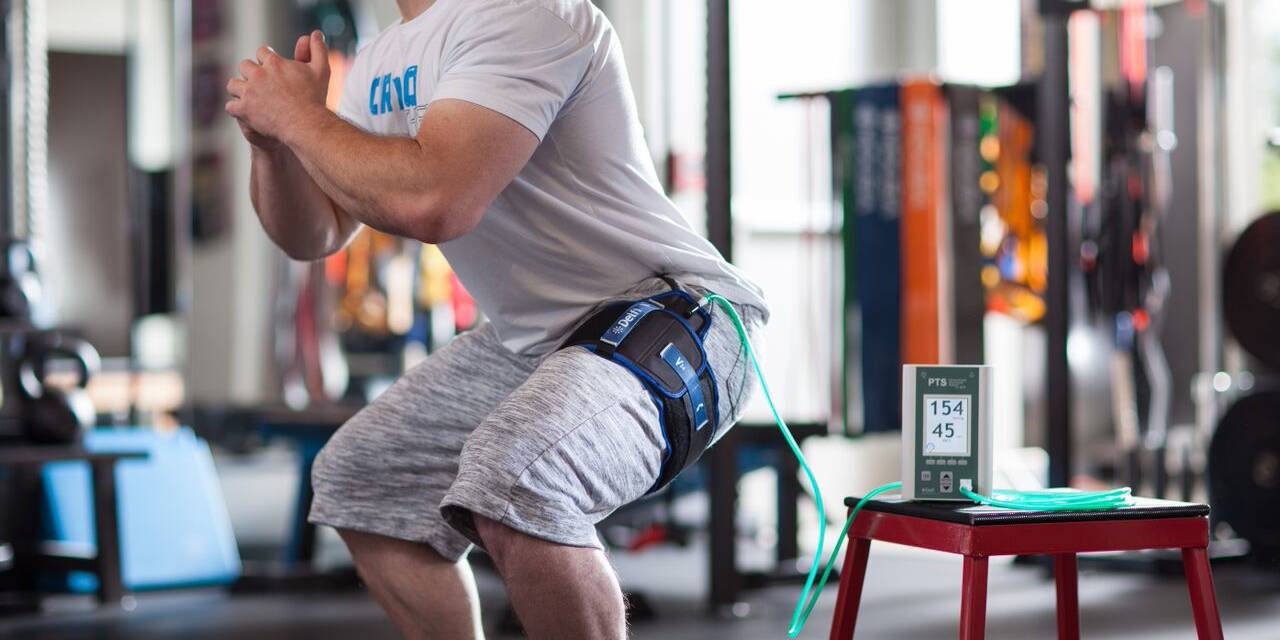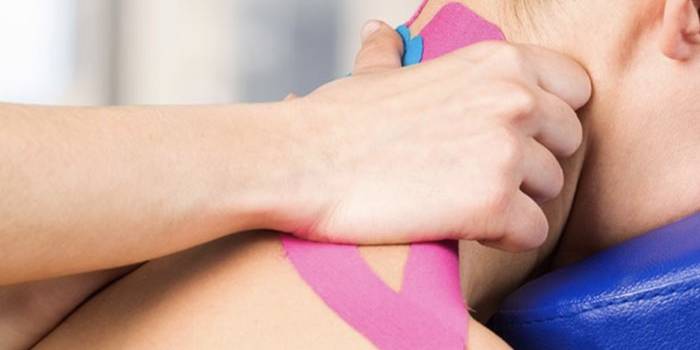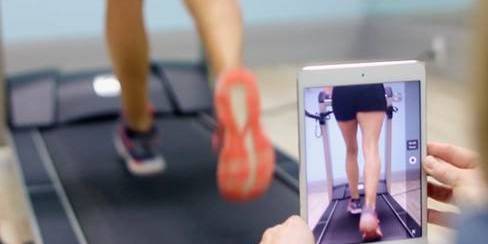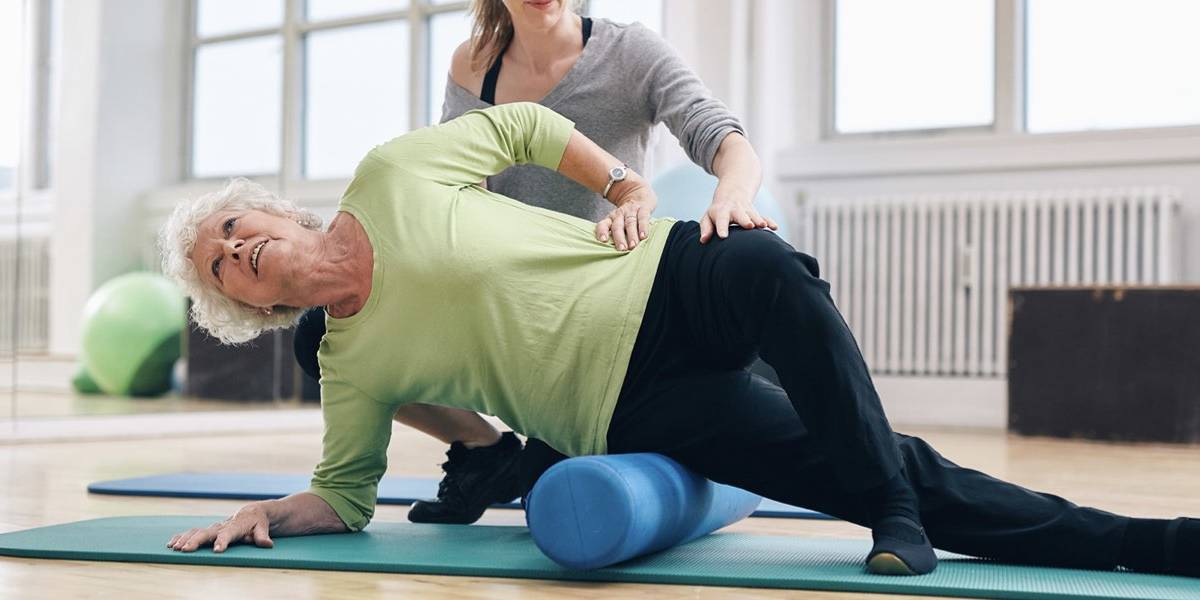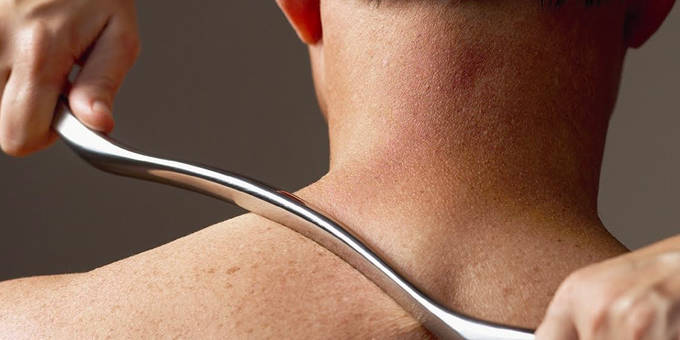Does physical therapy help arthritis?
Physical therapy helps manage arthritis through the use of targeted exercises that strengthen the muscles surrounding affected joints, enhancing support and stability. This approach improves flexibility and joint function, which can significantly reduce pain and increase mobility. Our Release PT physical therapists develop individualized exercise treatment plans, educate patients on proper body mechanics and posture to prevent further joint stress, and offer techniques like heat and cold therapy to alleviate symptoms.
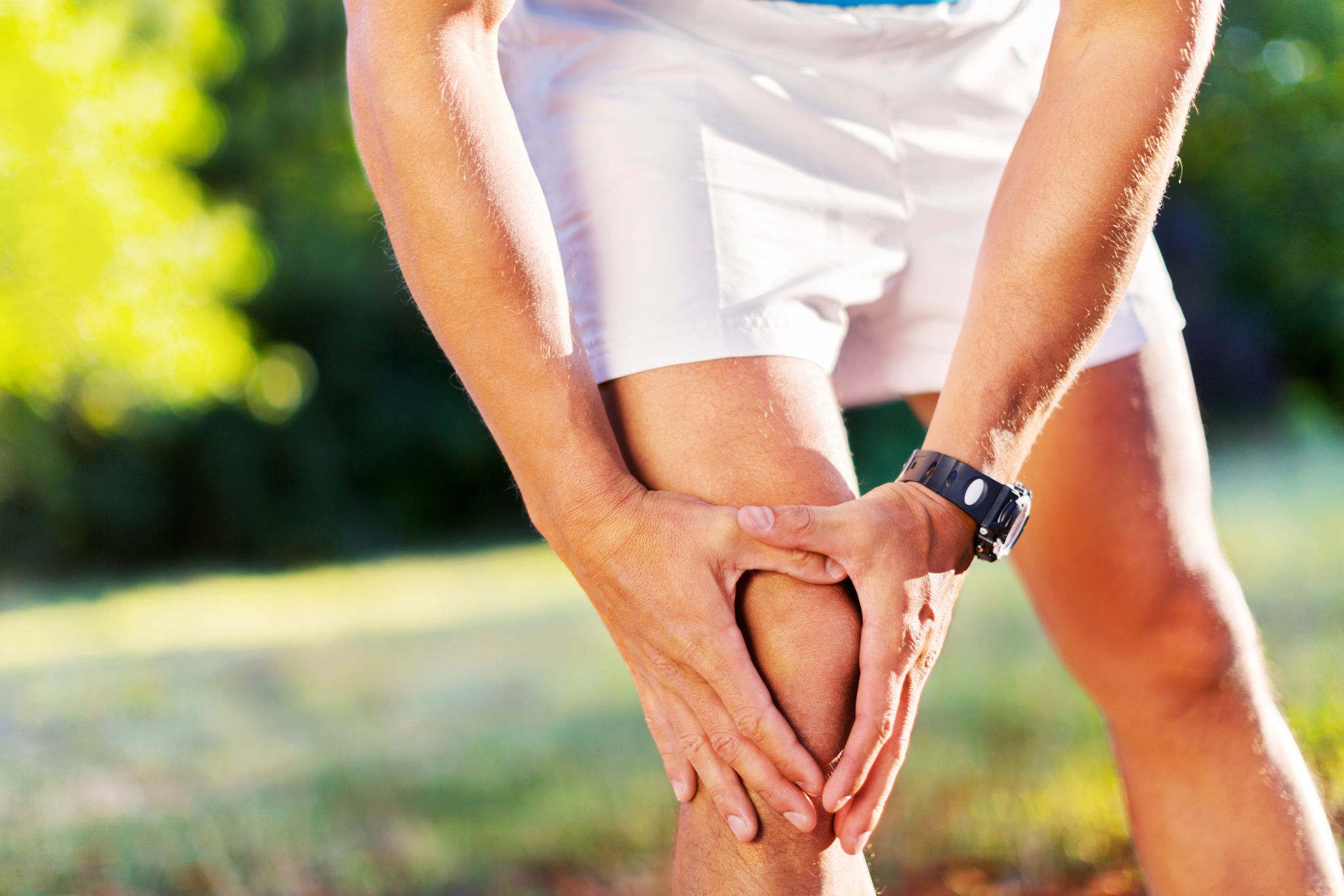
What is the most effective treatment for arthritis?
For arthritis management, physical therapy stands out as the most effective treatment. Physical therapy can significantly reduce pain and alleviate symptoms. Our highly qualified Release PT physical therapists can develop a personalized treatment plan for you to help you cope with arthritis and improve flexibility. By combining strengthening exercises and other therapies like heat and cold therapy you can achieve improved mobility and successfully manage pain and limitations from arthritis for a better quality of life.
What foods should you avoid if you have arthritis?
If you have arthritis, we recommend that you avoid or limit foods that can exacerbate inflammation and contribute to symptom flare-ups. These include:
- Processed and Red Meats: High in saturated fats, these foods increase inflammation and pain.
- Refined Sugars and Carbohydrates: Foods high in processed sugars and white flour trigger the release of inflammatory messengers called cytokines.
- Fried and High-Fat Foods: These promote inflammation and are linked to obesity, putting extra strain on joints.
- Dairy Products: Some people find dairy products exacerbate arthritis symptoms due to the type of protein they contain, which may irritate the tissue around the joints.
- Alcohol and Tobacco: Alcohol consumption and tobacco use can lead to various health problems, including worsening arthritis symptoms.
- Salt and Preservatives: Excessive salt and preservatives in foods exacerbate joint inflammation.
- Nightshade Vegetables: For some people, nightshade vegetables including tomatoes, potatoes, eggplant, and peppers, can aggravate arthritis pain due to a compound called solanine that some believe may trigger inflammation.
Dietary responses are often different from one person to another. It can sometimes help to keep a food diary to track what you eat and how it affects your arthritis symptoms so that you can identify foods to avoid. Incorporating anti-inflammatory foods like fruits, vegetables, nuts, seeds, and fatty fish, may help reduce arthritis symptoms. If you’re visiting us at one of our locations in a Thesis Gym, they can help you with nutrition planning that’s customized to your needs.
Arthritis Physical Therapy FAQs
For unbearable arthritis pain, these strategies can reduce discomfort:
- Medication: Over-the-counter pain relievers or prescription medications may reduce pain and inflammation.
- Physical Therapy: A Release PT physical therapist can design a personalized exercise program to strengthen the muscles around the joints, increase flexibility, and reduce pain.
- Heat and Cold Therapy: Applying heat relaxes muscles and improves blood circulation, while cold packs reduce swelling and numb the pain.
- Lifestyle Changes: Weight management, a balanced diet, and avoiding activities that strain the joints alleviate pain.
- Alternative Therapies: K-Laser therapy and massage can also help relieve pain. Talk to one of our physical therapists about incorporating K-laser or massage into your treatment and you can always schedule a full-body massage with one of our licensed massage therapists.
- Surgery: In cases where other treatments haven’t helped, surgical options like joint replacement may be considered.
This is best to discuss with your therapist here at Release PT because whether you should walk depends on the severity of your symptoms. Mild to moderate activity, like gentle walking, can be beneficial even during a flare-up, because it can help maintain joint mobility and muscle strength. Listen to your body and adjust the intensity, duration, and frequency of walking based on how you feel.
If walking causes significant pain or discomfort, rest the affected joints and gradually reintroduce walking as symptoms subside. Our Release PT physical therapists provide advice on managing activity during flare-ups, ensuring that you stay active safely without worsening your condition.
Understanding and managing the following triggers that aggravate arthritis can help reduce flare-ups and improve overall joint health:
- Overexertion: Pushing joints beyond their limits can lead to increased pain and inflammation.
- Stress: Chronic stress can lead to inflammation, negatively affecting arthritis.
- Weather Changes: Cold, damp weather or barometric pressure changes can increase joint pain and stiffness.
- Improper Lifting or Posture: Incorrect mechanics can strain joints, particularly the spine, hips, and knees.
- Lack of Exercise: Inactivity can stiffen joints, increase pain, and decrease mobility.
- Specific Foods: Processed foods, or those high in sugar, saturated fats, or nightshade vegetables can exacerbate inflammation and arthritis symptoms.
- Obesity: Extra weight puts pressure on weight-bearing joints like knees and hips, worsening arthritis pain.
- Smoking: Tobacco use increases inflammation and risks of rheumatoid arthritis.
The relationship between coffee consumption and arthritis, including rheumatoid arthritis and osteoarthritis, is nuanced and varies by arthritis type. Research offers mixed findings. For osteoarthritis, evidence on coffee’s impact is limited, though its antioxidants like polyphenols could potentially offer anti-inflammatory benefits. However, definitive benefits for osteoarthritis remain unestablished. Some research suggests coffee may increase the risk of rheumatoid arthritis or worsen symptoms, while other studies show no link.
Take note of how you think coffee affects you and feel free to mention it to your physical therapist to see what your best course of action should be.
Therapeutic medical massage from Release PT can be beneficial for arthritis. It helps to reduce chronic pain, improve range of motion, and aid in the rehabilitation of injuries. Therapeutic massage reduces stress and improves overall well-being, which are important for managing chronic conditions like arthritis. Techniques like myofascial release and additional therapies offered at Release PT can be helpful, depending on your specific type of arthritis and pain level.
Standing for prolonged periods can be difficult for people with arthritis, particularly for those with arthritis in the hips, knees, and spine. Extended standing can increase joint pain and stiffness because standing puts additional pressure on already affected joints, potentially worsening arthritis symptoms.
Physical therapy can significantly help people with arthritis who have difficulties with standing. Our Release PT physical therapists develop personalized exercise programs that make standing and other activities less painful and more manageable. They teach postures to reduce stress on the joints during standing and daily activities. We also offer heat and cold therapy to reduce pain and inflammation as well as additional helpful therapies. Physical therapy aims to increase joint function and improve the ability to stand and perform daily activities with greater ease.
Balancing rest and exercise is essential for managing arthritis. Rest reduces stress on inflamed joints, alleviating pain during flare-ups. Too much inactivity can lead to stiffness and muscle weakness. Regular low-impact exercise improves joint flexibility, strengthens muscles, and enhances overall function, without overstraining joints. Finding a balance is important; listen to your body and adjust activities based on pain and symptoms. Our physical therapists at Release PT can customize an exercise plan for your needs, ensuring safe and effective arthritis management.
Physical therapy for knee pain relating to arthritis is highly beneficial for both pain management and to help delay the need for surgery. It strengthens the muscles around the knee, reduces pain, and improves joint function. Our physical therapists at Release PT provide low-impact exercises to help you achieve better mobility and stability. Stretching, and manual therapy can also significantly improve your knee arthritis symptoms.
There are many different factors that go into treating arthritis pain. The skilled team at Release PT is ready to help you recover and get back to your normal, active lifestyle. For more information or to book an appointment, feel free to use our online form or give us a call at 202-974-6621.

About Release Physical Therapy
Release Physical Therapy is an award-winning physical therapy clinic, offering the best-in-class physical therapy to the Washington, D.C. area and surrounding communities. We work one-on-one with our patients to develop an individualized treatment plan that meets their unique needs, conditions, wellness goals and fitness levels.

Our Approach
At Release Physical Therapy, we use evidence-based therapies to target the root cause of a condition, not just the symptoms. We offer a full range of treatments, including manual modalities, technology-assisted therapies, and both traditional and non-traditional techniques. We work one-on-one with our patients to develop an individualized treatment plan that meets their unique needs, conditions, wellness goals and fitness levels. Common conditions we treat include:
- Achilles tendonitis
- AC joint injury
- ankle sprains
- ankle fracture
- ACL injuries
- arthritis
- back injury
- back pain
- bursitis
- carpal tunnel syndrome
- cervical radiculopathy
- cervical strains
- chronic pelvic pain
- CL inuries
- compartment syndrome
- degenerative joint disease
- herniated disk
- de Quervain tenosynovitis
- fibromyalgia
- frozen shoulder
- golfer’s elbow
- headaches / migrains
- hip replacements
- ITB syndrome
- impingement syndrome
- knee replacement
- neck pain
- nerve entrapment
- osteoporosis
- osteoarthritis
- overuse injuries
- knee cap pain syndrome
- knee tendinitis
- plantar fasciitis
- rotator cuff tear
- runner's knee
- scoliosis
- sciatica
- shoulder tendinitis
- spinal stenosis
- spondylolisthesis
- shin splints
- tennis elbow
- thoracic outlet syndrome
- TMJ dysfunction
- wrist fracture
- and several others...
What Patients Are Saying
Physical therapy is about results. Too often, patients discontinue therapy because of a bad experience. At Release Physical Therapy, we are committed to providing the highest quality care through patient education, on-going clinician training, and personalized approach to treatment. We believe that everyone should live pain-free and healthy. But don’t take it from us, read what our patients have to say about their experience with Release Physical Therapy.
Our Physical Therapists
Release Physical Therapy staffs the top physical therapists in Washington, DC. Our experienced and highly trained physical therapists specialize in treating the outpatient orthopedic population, including sports therapy, chronic pain management, orthopedic/spinal therapy, pre/post-surgical therapy, as well as wellness and prevention. Our PTs utilize a wide range of therapies and technologies to deliver a personalized care plan. All of our physical therapists are accepting new patients.
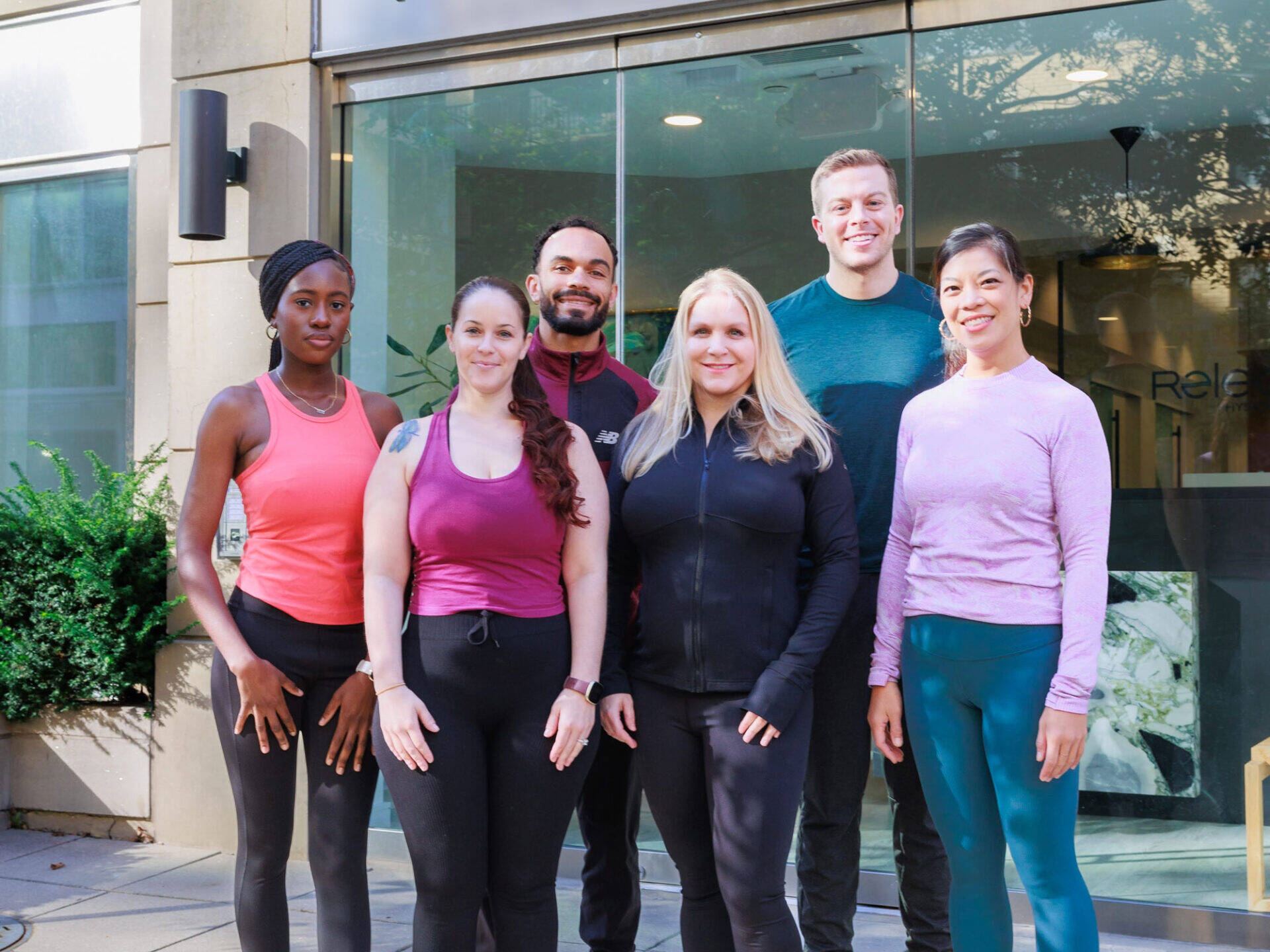
Dr. Cari Simon PT, DPT, CMTPT, ART
Owner & Physical Therapist, Release Physical Therapy Washington, D.C.
Dr. Cari Simon received her Doctorate degree in Physical Therapy from the University of Hartford. A former All-New England and All-State soccer player, she was part of the U.S. Women’s Soccer National Team pool, but ultimately decided to redirect her career in pursuit of her true passion: care. She is now one of the top physical therapists in Washington, DC. As one of the most highly regarded physical therapists in Washington, DC, Dr. Cari Simon’s treatment approach combines manual mobilization and manipulation techniques with individualized therapeutic exercise. She is a full body Active Release Technique (ART) provider. Additionally, Dr. Simon utilizes McConnell, athletic, and Kinesio Taping methods, as well as Trigger Point Dry Needle Therapy. When she is not helping her patients meet their physical goals, Dr. Simon enjoys networking with other physical therapists in Washington, DC, outdoor activities and spending time with her family.
Ethan Gramstad PT, DPT, CMTPT
Physical Therapist, Release Physical Therapy Washington, D.C.
Dr. Ethan Gramstad is the newest addition to the staff at Release Physical Therapy. A native of Virginia, he has recently relocated to Washington, DC following the last two years of practicing PT in Denver, Colorado. He received his Bachelor’s degree from the University of Virginia where he was a member of the UVA Men’s Rowing team for three years. It was that experience that ignited his interest in the science of exercise, as well as physiology and anatomy. He went on to obtain his Doctorate of Physical Therapy from Old Dominion University from Norfolk, Virginia in 2017.
Dr. Gramstad uses manual therapy and mobilization techniques to obtain optimal patient outcomes and places a high priority on establishing a strong patient-therapist relationship. He focuses on assisting his patients in meeting their physical goals and finds satisfaction in the application of individualized exercise programs, as well as dry needling to achieve success. He has previous experience in providing pre and post-operative therapy protocols and treating the outpatient orthopedic population. Besides his rowing days, Dr. Gramstad has personally participated in endurance sports; running Cross Country and multiple marathons and continues to maintain a devotion to a rigorous gym regimen.
Dr. Stephanie Lam PT, DPT, CMTPT
Physical Therapist, Release Physical Therapy Washington, D.C.
Dr. Stephanie Lam received her Doctorate of Physical Therapy from the School of Health Technology and Management at Stony Brook University, after attaining dual degrees in Biology and Psychology from the University of Virginia. She is highly experienced in several fields of adult orthopedics, including post-surgical recovery, acute sports injury rehabilitation, athletic performance improvement, and chronic pain management. She also has a passion for pediatrics and has treated kids of all ages for congenital and developmental issues.
Dr. Lam uses her patient’s individual goals to guide treatment, addressing her patient’s symptomatic impairments while considering their day-to-day ability to function and perform athletic and recreational activities. Dr. Lam incorporates manual therapy throughout her treatments, specializing in extensive deep soft tissue manipulation and mobilizations of the spine and peripheral joints, as well as dry needling.
Deborah Ajala PT, DPT, COMT, CMTPT
Physical Therapist, Release Physical Therapy Washington, D.C.
Dr. Deborah Ajala is an astute physical therapist who takes her time to get to know her patients in order to provide the best possible care. Dr. Ajala’s lifelong passion for caregiving led her to a career in physical therapy. She received a Bachelors degree in Health Sciences with a minor in Exercise Science and Wellness Management from the University of Sciences in Philadelphia, where she obtained a Doctorate in Physical Therapy thereafter. Dr. Ajala holds certifications in Orthopedic Manual Therapy (COMT) and Trigger Point Dry Needling (CMTPT). Her goal with each patient is to optimize their return to function.
Dr. Ajala previously worked at an Outpatient Physical Therapy Clinic in Maryland as a staff clinician. There, she served a diverse patient population treating a wide range of orthopedic conditions including sports medicine, pre/post operative rehabilitation, overuse injuries and several others.
In her free time, Dr. Ajala enjoys spending time with her family and friends, reading, and sports. She also enjoys exploring new DC neighborhoods and is a restaurant enthusiast.
Mia Smyser PT, DPT, COMT, CIDN
Physical Therapist, Pelvic Floor Therapist, Release Physical Therapy Tysons and Washington, D.C.
Dr. Mia Smyser is a native of the DMV. She received her Doctorate in Physical Therapy from the University of Miami, after receiving her Bachelors of Science in Exercise Science from the University of South Carolina. She thinks movement is of foundational importance and is dedicated to improving people’s mobility and function and helping them achieve their optimal physical well-being.
She is passionate about continuing to learn and grow in the profession. She is a Certified Orthopedic Manual Therapist (COMT), certified in Integrative Dry Needling and is continuing her coursework with Herman & Wallace as a pelvic health therapist.
Dr. Smyser previously worked at outpatient physical therapy clinics in Washington, DC and Falls Church, VA, treating a wide variety of conditions including sports medicine, pelvic health, pre/post-operative rehabilitation, and pediatrics, among others.
In her free time, she prioritizes spending time with her husband, son & dog; playing soccer and running; coaching HIIT and checking out new restaurants.
Paul Miller LMT
Massage Therapist, Release Physical Therapy Washington, D.C.
Paul Miller is a dedicated massage therapist with expertise in medical massage, deep tissue therapy, and myofascial release. Paul customizes each session to meet the unique needs of his clients, focusing on relieving tension, restoring mobility, and enhancing overall physical well-being.
Trained at the Northern Virginia School of Therapeutic Massage, Paul has also completed all three of Howard Rontal’s Myofascial Release courses, further refining his ability to address chronic pain and movement restrictions. His approach is rooted in the belief that targeted, intentional bodywork can be a transformative tool for recovery and long-term health.
Release Physical Therapy Treatments
Our experienced physical therapists have advanced training in outpatient orthopedic physical therapy. Our physical therapy services include sports therapy, injury rehabilitation, pre-surgical therapy, post-surgical therapy, chronic pain management, as well as wellness and prevention. Specialized treatments at Release Physical Therapy include:
Shockwave Therapy
A non-invasive medical treatment that utilizes acoustic waves to treat various musculoskeletal conditions and promote healing.
K-Laser Therapy
The use of specific wavelengths of light to improve healing time, pain reduction, increase circulation and decrease swelling.
Dry Needling Washington DC
Needle treatment that decreases pain, increases range of motion and improves strength by inactivating myofascial trigger points.
Active Release Technique in Washington, D.C.
Massage and movement-based technique that treats problems with muscles, tendons, ligaments, fascia and nerves.
Therapeutic Medical Massage
Reduces muscular pain and inflammation, relaxes overused muscles, improves posture and movement awareness, and enhances performance.
BFR Training Washington DC
Rehabilitation therapy and performance training technique using a personalized tourniquet system to reduce atrophy and increase strength.
Kineseo® Taping Method
Reduces muscular pain and inflammation, relaxes overused muscles, improves posture and movement awareness, and enhances performance.
Running Assessment Washington DC
Individualized analysis designed to identify strength, gait, and alignment imbalances to prevent injury and improve your current training program.
Functional Training
Exercise regimens that integrate multiple muscle groups, joints and the brain to assist in everyday movement, physical activities and athletics.
Graston Technique
Instrument-assisted soft tissue mobilization used to address soft tissue lesions and fascial restrictions resulting in improved patient outcomes.
Release Physical Therapy Services
At Release Physical Therapy, we treat you with our hands, not just machines. We offer a full range of manual therapies, as well as both traditional and non-traditional techniques for the best in comprehensive care. We work one-on-one with our patients to develop an individualized treatment plan that meets their unique needs, conditions, wellness goals and fitness levels.
Physical Therapy Treatment for Pelvic Floor Issues
At Release Physical Therapy, our experienced therapists conduct a thorough assessment to identify the underlying causes of your pelvic floor issues and create a personalized treatment plan to promote healing and alleviate the problems you’re experiencing.
Physical Therapy Treatment for Upper Back/Shoulder Pain
At Release Physical Therapy, our experienced therapists perform comprehensive assessments to see how they can help with your upper back pain. We then design individualized treatment plans aimed at promoting healing and relieving your specific issues.
Physical Therapy Treatment for Lower Back Pain
At Release Physical Therapy, our seasoned therapists perform comprehensive assessments to pinpoint the root causes of your lower back pain problems. We then design individualized treatment plans aimed at promoting healing and relieving your specific issues.
Physical Therapy Treatment for Knee Pain
At Release Physical Therapy, our seasoned therapists perform comprehensive assessments to pinpoint the root causes of your knee pain problems. We then design individualized treatment plans aimed at promoting healing and relieving your specific issues.
Physical Therapy Treatment for Ankle Pain
At Release Physical Therapy, our experienced therapists conduct thorough assessments to identify the underlying causes of your ankle discomfort. From there, we craft personalized treatment strategies tailored to foster healing and alleviate your unique concerns.
Physical Therapy Treatment for Tennis Elbow Pain
At Release Physical Therapy, our seasoned therapists perform comprehensive assessments to pinpoint the root causes of your tennis elbow pain problems. We then design individualized treatment plans aimed at promoting healing and relieving your specific issues.
Physical Therapy Treatment for Arthritis
At Release Physical Therapy, our expert therapists conduct thorough assessments to gain insight into your arthritis symptoms. With this understanding, we craft personalized treatment strategies aimed at promoting healing and addressing your unique requirements.
Release Physical Therapy Location & Hours
Visit us at our convenient West End Washington DC location. We pride ourselves on providing the highest level of care and convenience to our patients. Our appointment times flexible – let us know how we can best accommodate you.
Release Physical Therapy - Washington DC
2134 L St NW
Washington, DC 20037
Get Directions
Location Hours
Mon - Thurs: 6:00am - 8:00pm
Fri: 6:00am - 5:00pm
Sat - Sun: Closed
Now Accepting New Patients
Feel Your Very Best
Whether you’re an athlete that plays hard on the field, or a weekend warrior that plays hard in life, committing to a physical therapy program can help to keep you moving forward.
Latest Blog Posts
Follow us on Instagram!
Error: No feed with the ID 2 found.
Please go to the Instagram Feed settings page to create a feed.













